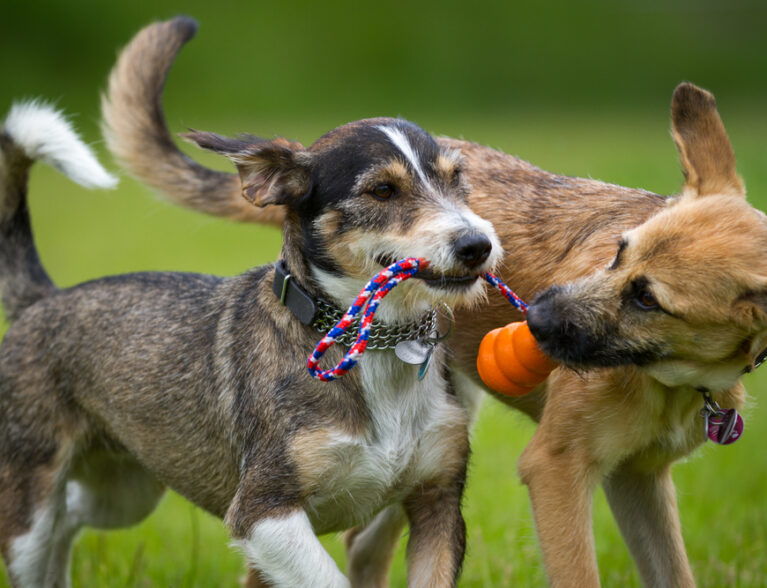
Don’t panic. That’s the advice from local veterinarian Randy Divine and the American Veterinarian Medical Association to dog owners who may have heard about a dog in Hong Kong that has been tested “weak positive” for the human strain of COVID-19, according to ”Hong Kong authorities.”
The dog didn’t show clinical signs of the virus, which it apparently contracted from its owner, and Divine agrees with Dr. Melissa Kennedy, a virologist at the University of Tennessee College of Veterinary Medicine, that if dogs were an important vector, given the thousands of dogs in Hong Kong and mainland China, “I would have expected multiple cases by now.”
Divine explains that veterinarians for years have known about coronavirus in animals, including dogs, and have vaccines for strains of the disease found in animals but not humans. Divine hopes dog owners won’t take any drastic actions involving their pets out of misplaced fear.
According to Dr. Gail Golab, chief veterinary officer at the American Veterinarian Medical Association, “it is important to note that the U.S. Centers for Disease Control and Prevention, the World Health Organization and the Hong Kong Agriculture, Fisheries and Conservation Department “continue to share that there is no evidence that companion animals can spread COVID-19.”
Divine recommends that people exposed to or infected by the virus should stay away from pets as well as people, to prevent the animal from becoming a fomite – an object or material that can carry infection, such as clothing, doorknobs, utensils – or an animal’s fur.
The Hong Kong dog incident hasn’t changed the experts’ advice for preventing illness and transmission to others, people and pets. Wash hands often, including before and after caring for animals. A sick individual should avoid contact with animals, as well as people.



